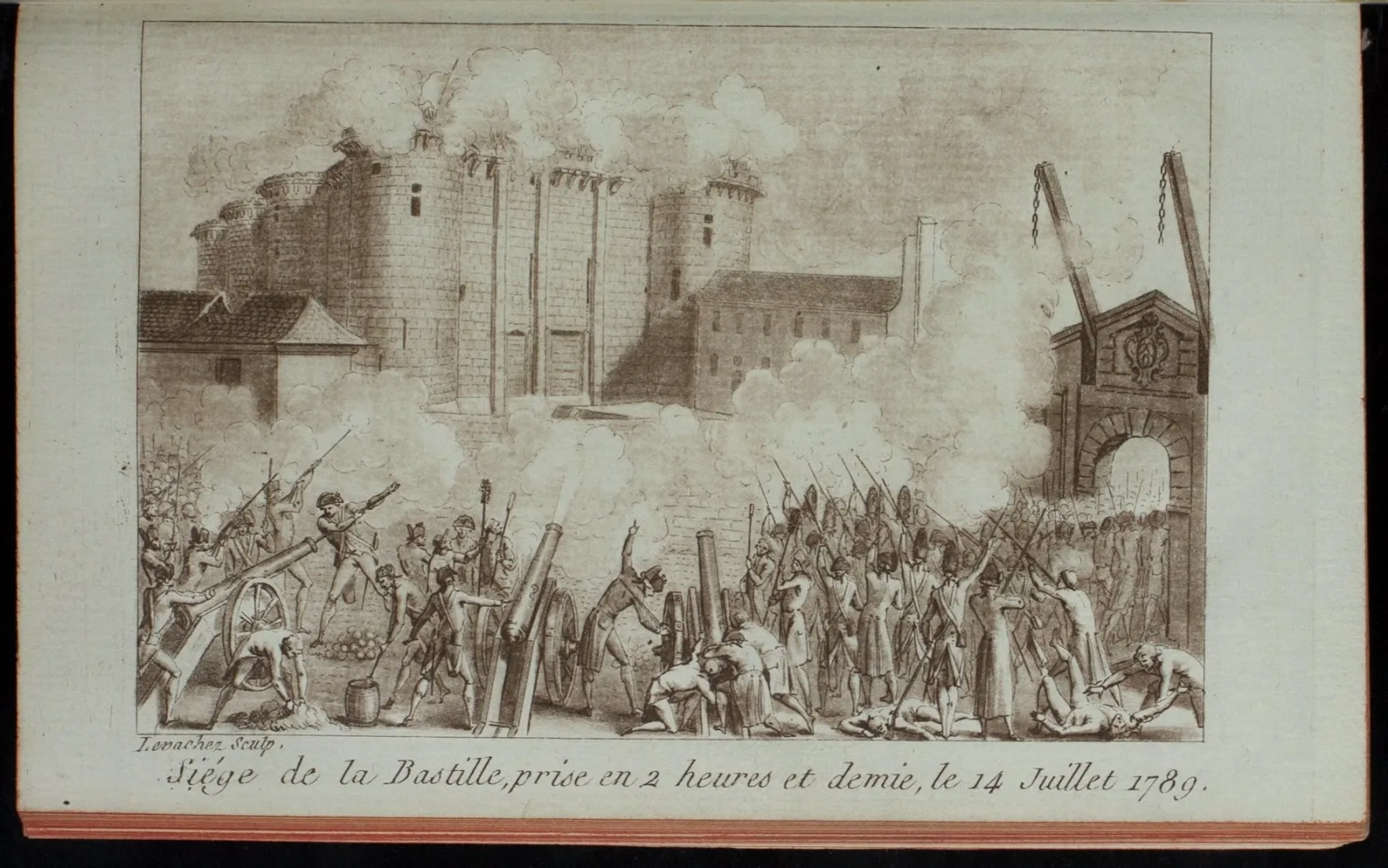Over the past year and a half, the Newberry has digitized more than 30,000 French Revolution pamphlets representing contemporary commentators’ views on citizenship, royal execution, and the separation of church and state. Quickly printed and distributed in response to the latest political upheavals, the pamphlets offer a window into how the French people confronted the Revolution and its legacy.
The library is now encouraging users of this digital collection to pursue innovative scholarship by applying for the Newberry’s open data grant. The winning applicant will receive $1,000 toward developing a project that unlocks new perspectives on the French Revolution through tools like digital mapping, text mining, and data visualization.
"With access to the full-text and image files for all 850,000 pages of the digitized pamphlets, scholars can investigate this collection as a totality, uncovering patterns, trends, and stories in ways that weren’t possible before,"said Jennifer Dalzin, the Newberry’s Director of Digital Initiatives and Services. "We’re thrilled not only to expand access to this important collection but also to support new kinds of scholarship in the humanities made possible through digital technology.”
"By making its collection available for digital humanities research, the Newberry is helping historians expand the types of questions that they can ask and the types of analysis and final outcomes that can be produced,"said Sarah Sussman, Curator of French and Italian Collections at Stanford University Libraries.
In addition to the open data grant, this fall the Newberry is partnering with DePaul University and the University of Illinois at Chicago to enhance public access to the French Revolution pamphlets. Students in French language and literature courses will translate a selection of pamphlets into English, while contributing essays contextualizing the public debates that engulfed French society. Newberry staff will then make these translations available as part of a digital resource that educators teaching a variety of subjects may incorporate into their classrooms. (Instructors interested in participating in a classroom translation project may contact the Newberry’s Digital Initiatives and Services team at dis@newberry.org.)
With support from the Council on Library and Information Resources, the Newberry launched the Voices of the Revolution project in January 2016, when it began to digitize its French Revolution Collection and Louis XVI Trial and Execution Collection. Over time, the Newberry’s digital team expanded the project to include several additional, related collections: Early French Political Pamphlets, 1560-1653; French Laws on Censorship; and French Publishers Prospectuses and Catalogs.
The digitization phase of the project complete, the Newberry is now promoting engagement with these materials among students, teachers, and scholars.
The Newberry’s French Revolution materials are among the most comprehensive in the world. Both ephemeral and enduring, the French pamphlet collections enrich the study of French and European history, shedding light on debates about the concept of revolution and the meaning of citizenship. The materials support numerous fields of literary and historical study including legal, social, and cultural history and the history of printing and distribution of print.
